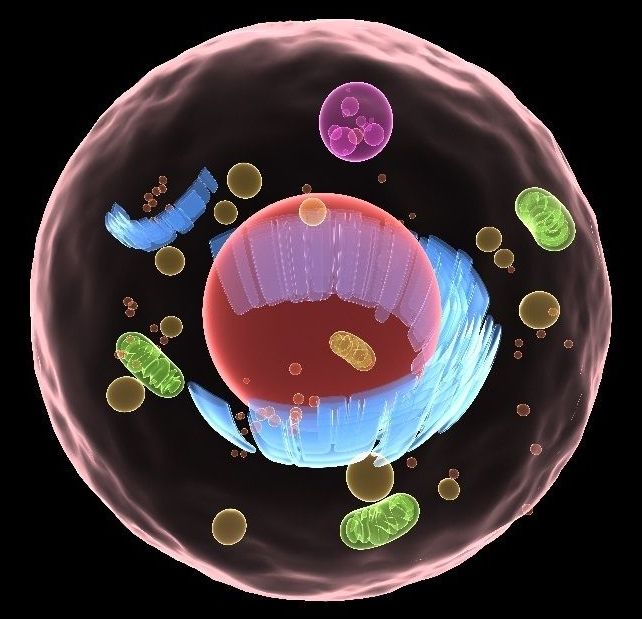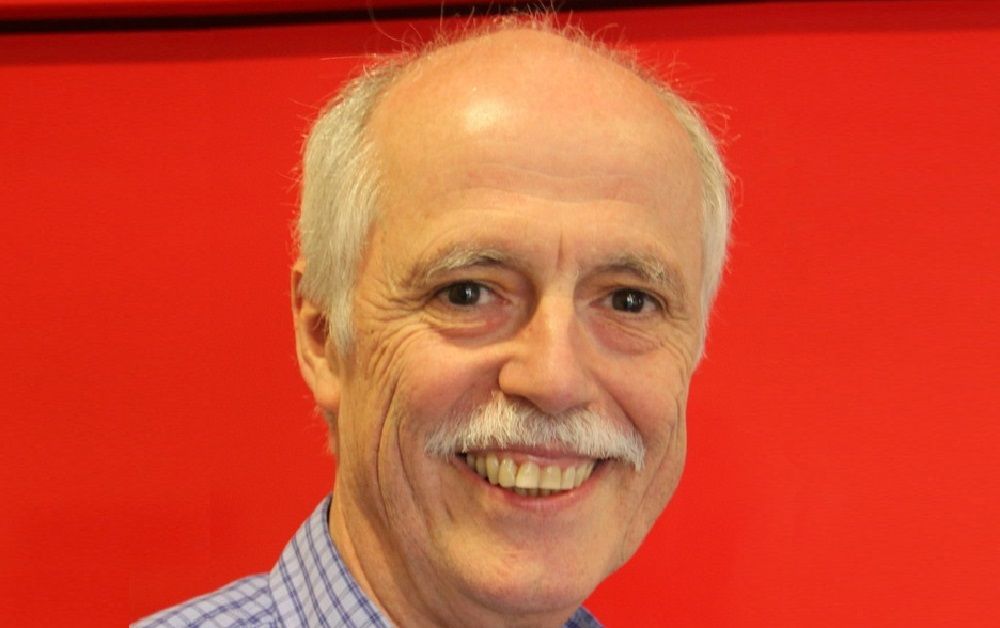Food for astronauts during future deep-space missions may be produced from their own waste, a new study suggests.
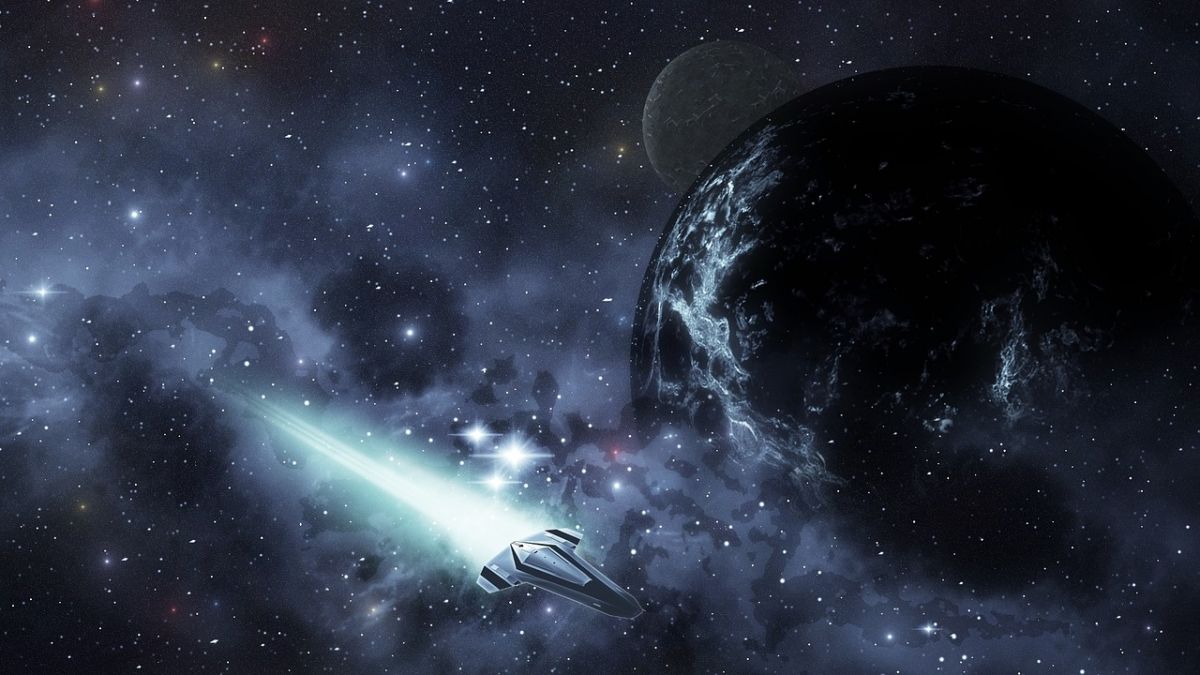


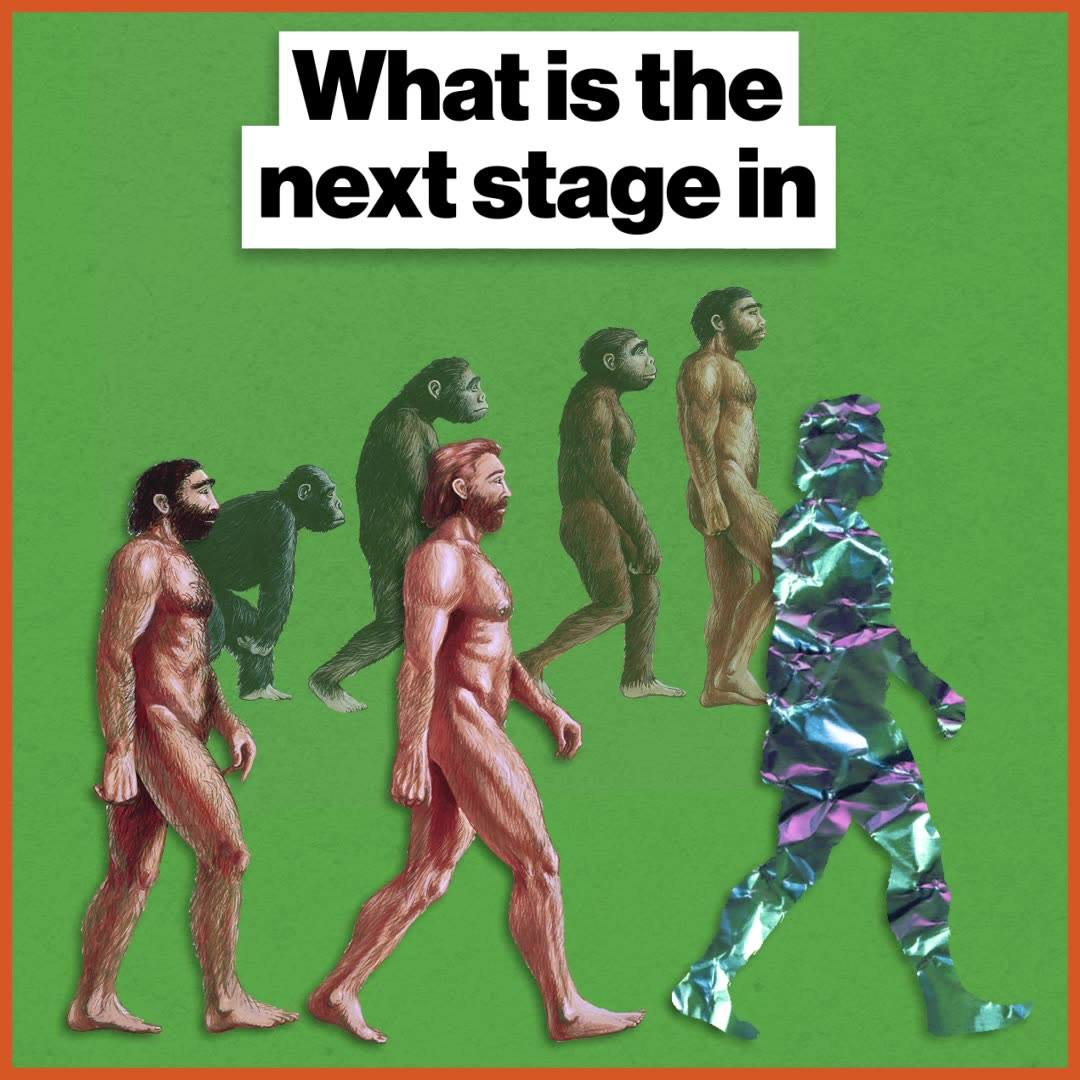
Will the transhumanist path forward lead us to singularity of posthuman superintelligence a-la Ray Kurzweil?
“I think that the definition of being human is about to change a lot in the next century,” says Michelle Thaller, astronomer and Assistant Director for Science Communication at NASA — National Aeronautics and Space Administration.
Human beings next evolutionary leap is going to take us beyond our biological existence. How do you feel about merging with an artificial intelligence?
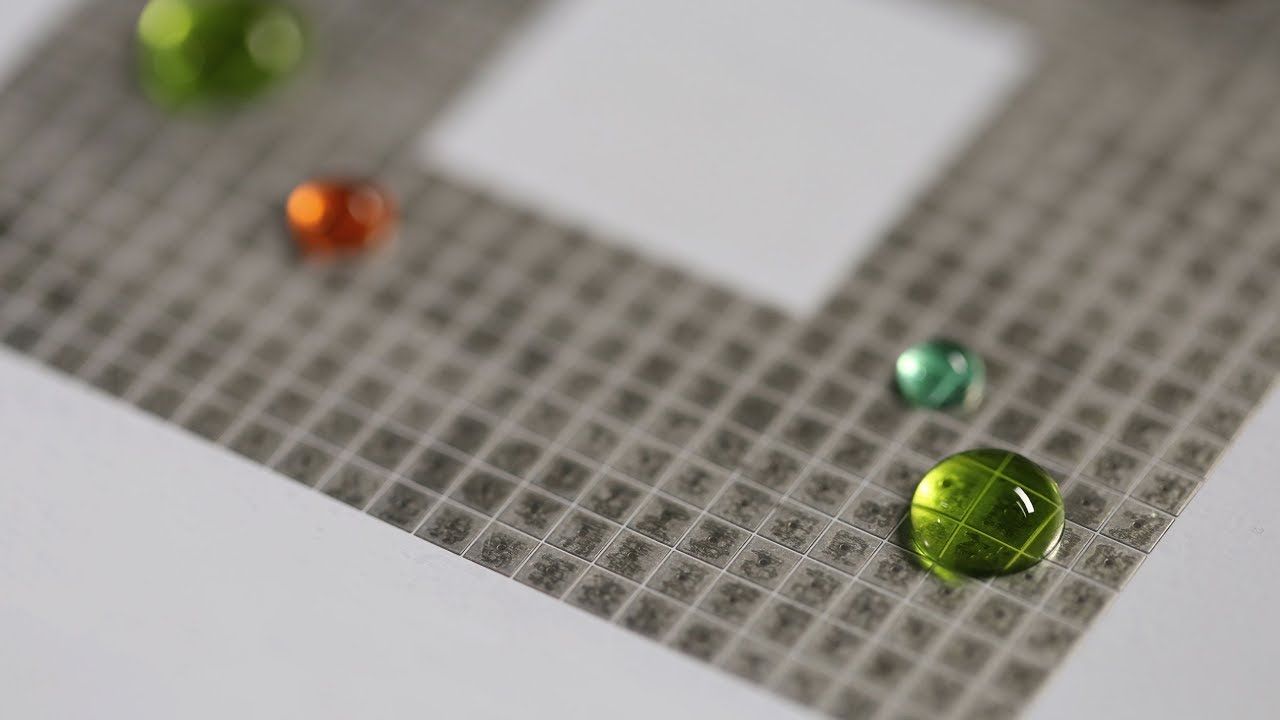
MIT researchers have developed hardware that uses electric fields to move droplets of chemical or biological solutions around a surface, mixing them in ways that could be used to test thousands of reactions in parallel.
The researchers view their system as an alternative to the microfluidic devices now commonly used in biological research, in which biological solutions are pumped through microscopic channels connected by mechanical valves. The new approach, which moves solutions around in computationally prescribed patterns, could enable experiments to be conducted more efficiently, cost-effectively, and at larger scales.
“Traditional microfluidic systems use tubes, valves, and pumps,” says Udayan Umapathi, a researcher at the MIT Media Lab, who led the development of the new system. “What this means is that they are mechanical, and they break down all the time. I noticed this problem three years ago, when I was at a synthetic biology company where I built some of these microfluidic systems and mechanical machines that interact with them. I had to babysit these machines to make sure they didn’t explode.”
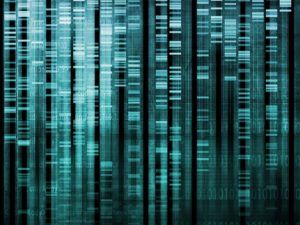
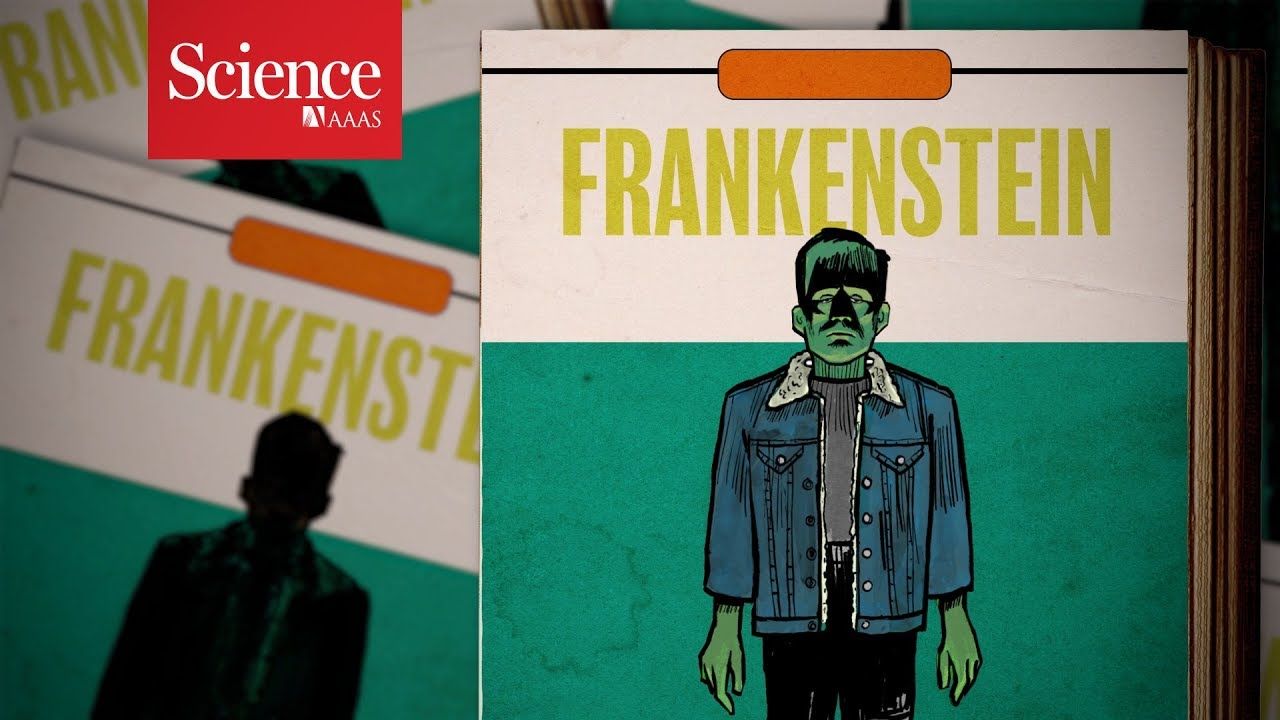
The dozen people working at CSER itself—little more than a large room in an out-of-the-way building near the university’s occupational health service—organize talks, convene scientists to discuss future developments, and publish on topics from regulation of synthetic biology to ecological tipping points. A lot of their time is spent pondering end-of-the-world scenarios and potential safeguards.
A small cadre of scientists worries that lab-made viruses, AI, or nanobots could drive humans to extinction.

